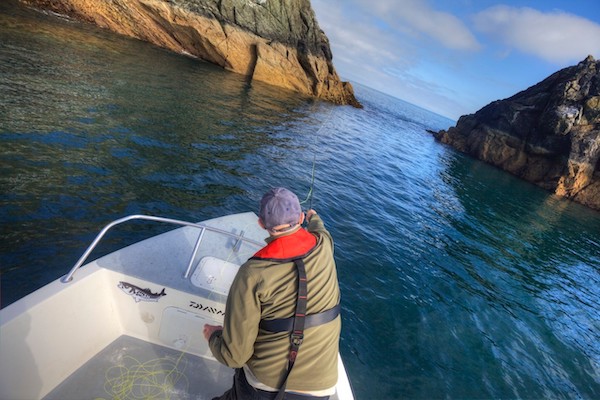
In 2022, the Government’s Joint Fishery Statement included two key goals at the heart of world class fisheries management. First, to protect and improve our fish stocks; and second, manage those fish stocks to maximise the benefit to coastal communities. So, what attitude bass stock level will maximise benefits to coastal communities?
One option is Maximum Sustainable Yield (“MSY”) which as the name suggests is aimed at maximising the tonnage of bass that is caught, killed, and sold. Today, MSY is recognised by scientists as being an economically inferior option to that of Maximum Economic Yield, so an MSY policy will not maximise benefits to communities
Past implementation of an MSY policy for bass proved to be counterproductive with a severe depletion of bass stocks from which both bass and coastal communities are making a very slow recovery.
Defra has now shared its preliminary thinking on its Bass Fishery Management Plan (“FMP”) which includes the goal of maximising the benefits of bass fishing for local coastal communities. Defra propose to start work in 2026 on new research to assess alternative harvest strategies, with no plan for adoption or implementation.
The relationships between stock size and socio-economic benefits for coastal communities are complex and it will take scientists several years from the proposed 2026 start point to investigate and propose an optimised harvest strategy. Add to that the time it takes for future Governments to adopt and implement new strategies and the years required for stocks to grow to optimal size, there is cause for concern.
With a continuation of the MSY approach, potentially well into the 2030’s and a failure to achieve optimal stock size for years after that, there are grave concerns for the future of Bass stocks.
Are we really prepared to fail on a key goal for the bass fishery and coastal communities for the next twenty years or more? This is the question being asked of DEFRA and others by groups such as Bass Angling Conservation who are calling on DEFRA to be more ambitious with their draft Bass FMP, and to recognise the need for concrete, rapid actions.
It would seem from the available evidence that a move from away from MSY needs to happen soon as possible in order to achieve the goal of maximising benefits for UK coastal communities, recreational angling and most importantly the Bass themselves.
ATA continues to work with recreational sea fishing groups to preserve and improve fish stocks for the future. To understand more about the UK Bass situation and other factors affecting UK coastal waters, you can visit the Bass Angling Conservation web site at www.bassanglingconservation.co.uk
